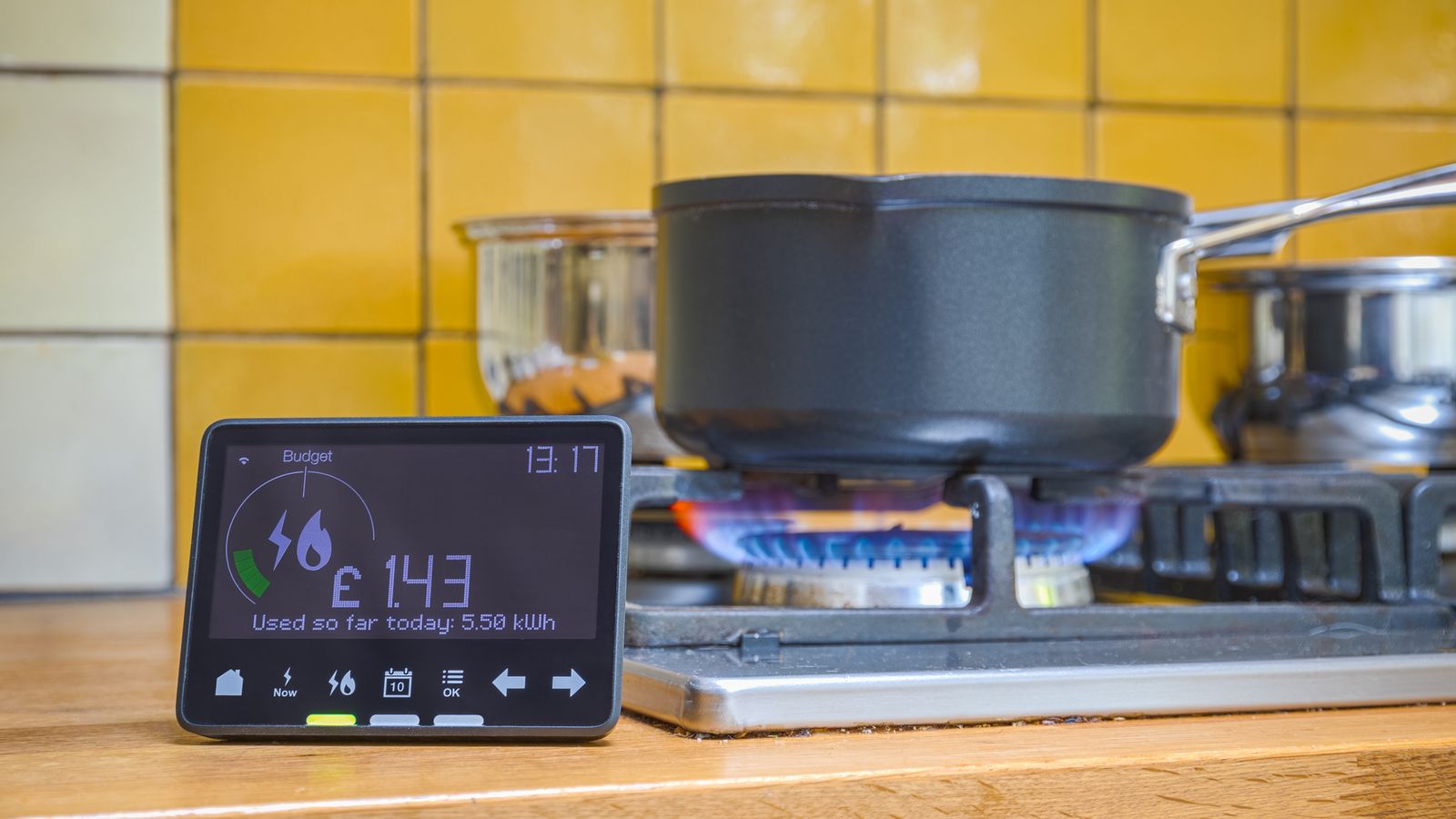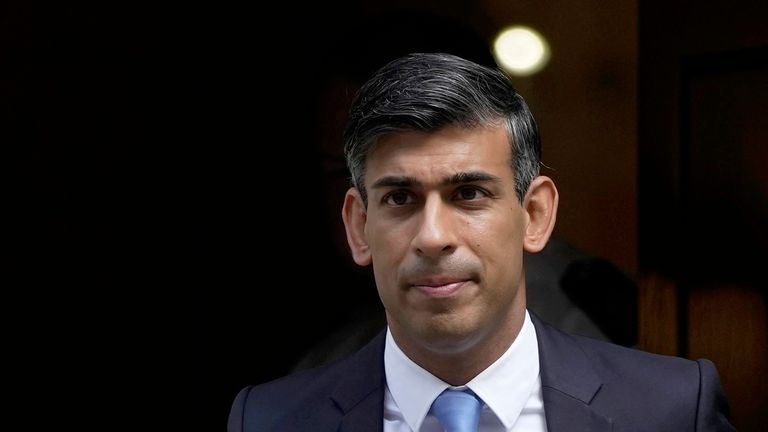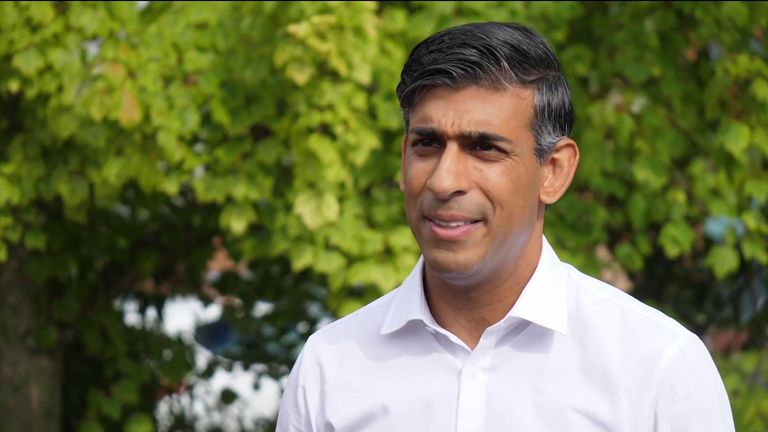Rishi Sunak is under growing pressure to provide support for millions of households expected to struggle with energy costs this winter.
More than 140 charities and organisations are urging the prime minister to avoid a “costly sticking plaster” and support Britons against “once unthinkable” prices.
Energy bills are set to be about 13% more expensive on average than they were last winter, which were the highest in living memory.
As a result, a third of British adults expect to struggle to afford their heating bills over the winter months without government support, according to a survey for National Energy Action (NEA).
In an open letter, a coalition including NEA, Age UK, Citizens Advice and MoneySavingExpert calls on the government to act.
“With winter fast approaching, short-term, targeted support is needed to protect the most vulnerable households in and on the edge of fuel poverty,” they wrote.
“These are people whose bills have become so unaffordable that they are having to make the desperate choice nobody should have to make – between heating and eating.”
It adds: “This is a long-term problem that requires a sustainable safety net for these people. Anything else will be a costly sticking plaster.
“There’s now a significant risk that no new protections will be in place by the time they are desperately needed.
“One of the most effective ways the government can address this enduring challenge is through the introduction of comprehensive targeted energy support, sometimes referred to as a social tariff.
“This would provide a deeper price protection for all households struggling with their energy bills.”
Prices are set to rise despite the price cap falling from the current £2,074 to £1,923 from 1 October for the average dual fuel customer, the letter warns – with costs still more than 50% higher than pre-crisis levels.
Last year, the Energy Price Guarantee limited average bills to £2,500 per year and each household received a further £400 over six months to offset soaring costs.
These measures brought the average monthly cost of energy down to £141, but unless further support is announced, average costs from October to December 2023 will rise to £160.
NEA figures suggest 6.3 million households will be in fuel poverty from Sunday, which is an increase of more than two million since 2021.
Read more:
MPs warn energy bills help needed ahead of ‘inevitable’ winter crisis
Millions risk getting ill because they are ‘too scared to put heating on’
Martin Lewis, founder of MoneySavingExpert.com, said: “A typical house now pays a once unthinkable, still unaffordable, £2,000 a year for energy – worse, this winter people won’t get the £400 support they did last.
“The energy market is broken – the limited competition there is hardly impacts what people pay.
“Even when there was competition, it failed many elderly or vulnerable people unable to take advantage of deals.
“That’s why I’ve long supported a social tariff. It’s why I was excited when the government said it’d bring one in.
“Now I’m despairing at the deafening silence of inaction. This isn’t trivial, it’s a core well-being issue for millions. The government needs to pull its bloody finger out.”
A Department for Energy Security and Net Zero spokesman said: “We recognise the cost of living challenges families are facing and spent £40bn paying around half a typical household’s energy bill last winter.
“While energy prices are falling our Energy Price Guarantee remains in place to protect people until April next year.
“We are also providing additional targeted support for the most vulnerable, with three million households expected to benefit from the £150 Warm Home Discount and millions of vulnerable households will receive up to £900 in further cost of living payments.”
The spokesman added that the government continues to “keep all options under review for those most in need”.



